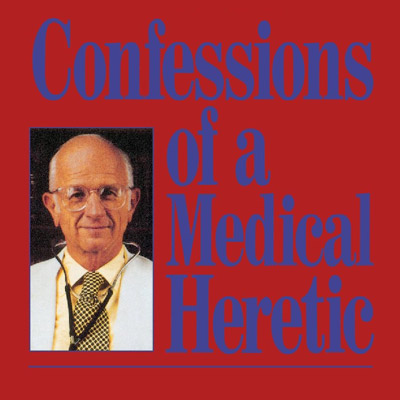

For my words make it look as though the world beyond the window is actually here, like a picture on the stairs. Putting the point that way I have already said too much. We love each other as angels love, reaching for the unknowable ‘I’ we hope as angels hope: with our thoughts fixed on the moment when the things of this world fall away and we are enfolded in ‘the peace which passes understanding’. Our loves and hopes in some way hinge on it. Moreover, this aspect is of the first importance. There is an aspect of the human condition that is denied to them.

Their nerdish conviction that facts alone can signify, and that the ‘transcendental’ and the eternal are nothing but words, mark them out as incomplete. And people of this scientistic cast of mind are disagreeable to me. But there are many who dismiss it as an unscientific fiction. I am not alone in thinking that world to be real and important. Like my philosophical predecessors, I want to describe that world beyond the window, even though I know that it cannot be described but only revealed. When they occur it is as though, on the winding ill-lit stairway of our life, we suddenly come across a window, through which we catch sight of another and brighter world – a world to which we belong but which we cannot enter. Anybody who goes through life with open mind and open heart will encounter these moments of revelation, moments that are saturated with meaning, but whose meaning cannot be put into words. Wordsworth would describe such experiences as ‘intimations’, which is fair enough, provided you don’t add (as he did) further and better particulars. Fauré’s F sharp Ballade is an example: so is the smile on the face of the Mona Lisa so is the evening sunlight on the hill behind my house. He is right that something can be meaningful, even though its meaning eludes all attempts to put it into words. There is nothing wrong with referring at this point to the ineffable. Every enquiry into first principles, original causes and fundamental laws, will at some stage come up against an unanswerable question: what makes those first principles true or those fundamental laws valid? What explains those original causes or initial conditions? And the answer is that there is no answer – or no answer that can be expressed in terms of the science for which those laws, principles and causes are bedrock. The temptation to take refuge in the ineffable is not confined to philosophers. There follows 50,000 words devoted to the messages of music – often suggestive, poetic and atmospheric words, but words nevertheless, devoted to a subject that no words can capture. For example, there is a mercifully short book by Vladimir Jankélévitch, Music and the in which the argument is stated on the first page – namely, that since music works through melodies, rhythms and harmonies and not through concepts, it contains no messages that can be translated into words. And he set a fashion that continues to this day. Schopenhauer devoted roughly 500,000 words to this thing that no words can capture. The same idea occurs in Schopenhauer, for whom the truth of the world is Will, which cannot be represented in concepts. One of the worst offenders is Kierkegaard, who argues in a hundred ways that the ultimate is inexpressible, that truth is ‘subjectivity’, that the meaning of life can be given by no formula, no proposition, no abstraction, but only by the concrete experience of surrender whose content can never be given in words. The history of philosophy abounds in thinkers who, having concluded that the truth is ineffable, have gone on to write page upon page about it. Having got to this point, Aquinas obeyed the injunction of Wittgenstein, whose Tractatus Logico-Philosophicus concludes with the proposition: ‘that whereof we cannot speak we must consign to silence’.

His was perhaps the most striking example of a philosopher who comes to believe that the real meaning of the world is ineffable. Aquinas, who devoted some two million words to spelling out, in the Summa the nature of the world, God’s purpose in creating it and our fate in traversing it, ended his short life (short by our standards, at least) in a state of ecstasy, declaring that all that he had written was of no significance beside the beatific vision that he had been granted, and in the face of which words fail.


 0 kommentar(er)
0 kommentar(er)
